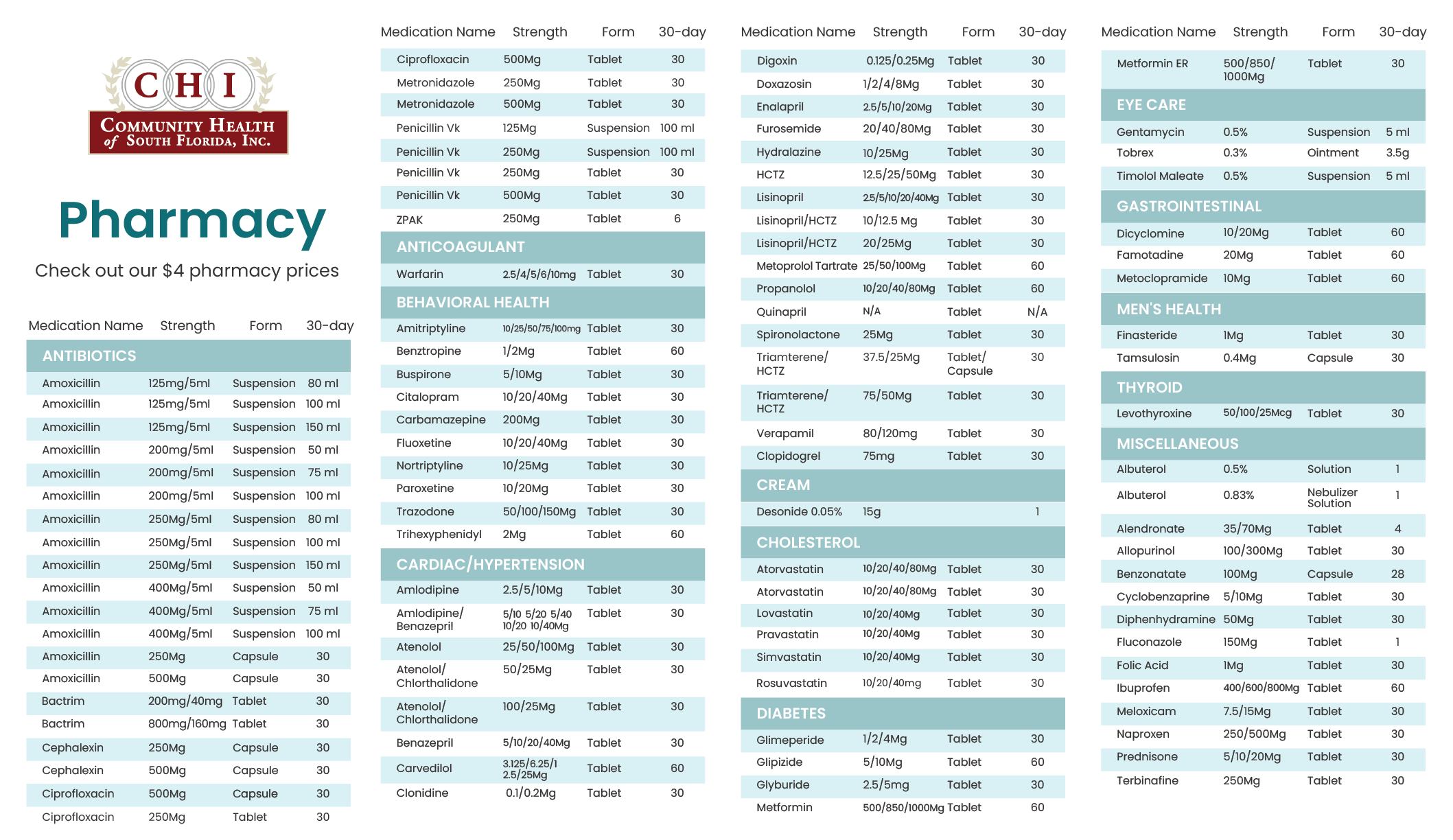Chi Aims To Reduce Disparity Of Care Among African-americans Through Black History Month Healthcare Series
Black History Month is a time to look back at past achievements. At Community Health of South Florida, Inc. (CHI) the late Doris Ison helped pave the way for equality among races in healthcare starting in 1971.
“She convinced a group of doctors from her church to volunteer their time and the team worked out of two double-wide trailers,” recalled Brodes Hartley Jr., President and CEO of CHI. “That dream grew into what is now CHI. It just goes to show what dedication, heart and sacrifice can do. We can all learn from Ison. No dream is too big. No barrier should be insurmountable.”
Ison’s legacy continues today with Hartley carrying her torch. This February, Hartley created the first-of-its-kind health care speakers bureau series to address disparities among African-Americans.
“Knowledge is part of the solution,” said Hartley. That’s why we believe in being an educational resource for our community.”
CHI held its lecture series at seven local churches and community organizations.
“We wanted to use this opportunity to address key health care issues,” said Dr. Saint Anthony Amofah, Chief Medical Officer and Senior VP. “We chose to highlight HIV, hypertension, diabetes, high cholesterol, smoking and depression.”
Dr. Amofah said his presence serves to remind the community that health care is available and they do not have to go far to obtain it for themselves and their families.
“We need to make sure people are aware of the prevalence of these diseases and how ignoring them can create worse outcomes,” Dr. Amofah said.
According to Dr. Amofah, African-Americans make up 12 percent of the U.S. population, however they account for 43 percent of all new HIV diagnoses. Dr. Amofah encouraged everyone to get tested as soon as possible to get the best care early.
For other conditions such as hypertension, diabetes, high cholesterol, smoking and depression there is a lot people can do to avoid or improve their symptoms through diet and exercise. For example, if you suffer from hypertension, avoid canned foods, as these tend to be excessively high in salt. If you’re prescribed medication, take it daily and manage your pill count so you don’t run out.
When it comes to diabetes, the stats are also bad. African-American adults are 80 percent more likely than non-Hispanic white adults to be diagnosed with diabetes. Dr. Amofah encourages people who are at high risk of developing diabetes or currently have it to keep a healthy weight through diet and exercise. Controlling your blood pressure helps alleviate symptoms, and if you smoke, quit.






